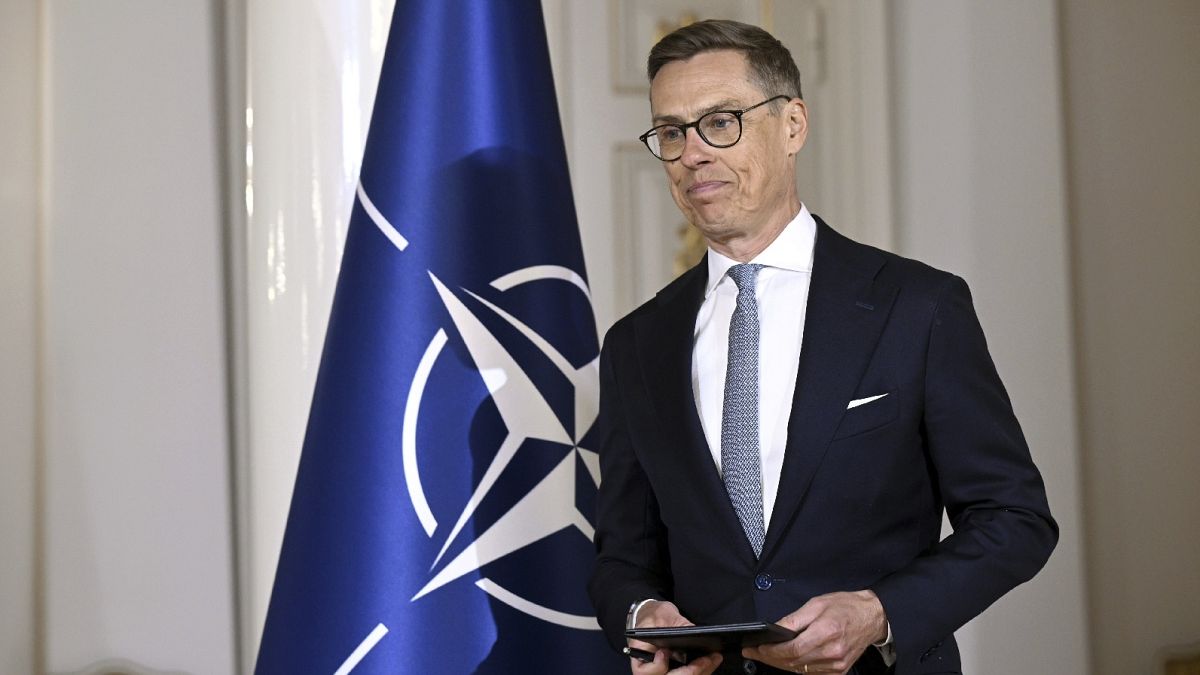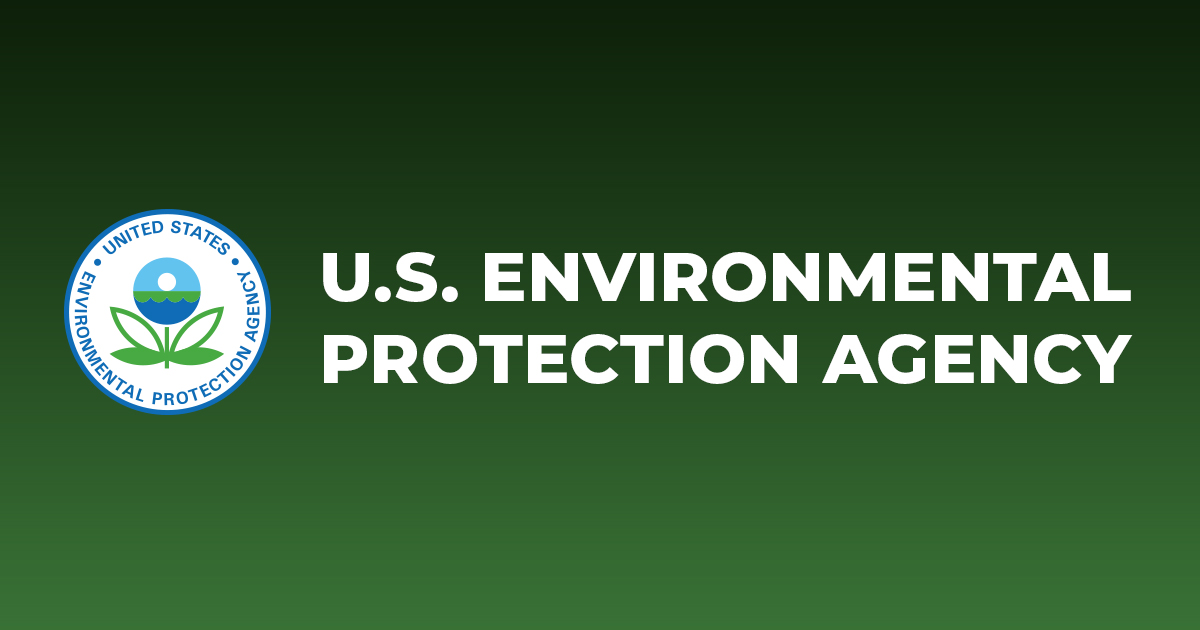France is likely to back PM’s proposal for peacekeeping force – but other allies remain less convinced

www.telegraph.co.uk
What is Zelensky looking for to make him feel comfortable?
Volodymyr Zelensky, Ukraine’s president, has suggested that
200,000 international troops would be required to enforce any peace settlement.
And he wants some of those to be Americans.
But the Americans aren't playing. They want to know what the Europeans are willing to pony up.
The US State Department has sent a survey to European capitals asking for information on what weapons and peacekeeping troops they could provide to Kyiv after an end to the fighting.
And the answer?
Germany is likely to reject Sir Keir Starmer’s plans to deploy
a European peacekeeping force to Ukraine, throwing the proposals into disarray.
As European leaders prepare to meet on Monday afternoon in Paris,
a split is emerging.
The UK and France are set to propose
sending soldiers to Kyiv, while
Germany and Poland more likely to not participate.
Other countries, including Italy and Norway, are so far undecided.
To be fair I can understand why Poland wouldn't commit troops inside Ukraine. It is more useful staying home. It has to deal with Belarus and Kaliningrad as well as being unsure of its neighbours Slovakia and Hungary. And apparently it can't rely on Germany either if AfD gets in. The best they can hope for there is to have a "neutral" Air Defence pact in their rear consisting of Germany, Austria and Switzerland.
Poland serves better as a connector from the Baltic to Ukraine covering the Estonia, Latvia and Lithuania as well as Western Ukraine from within its own borders.
Poland has ruled itself out of such a mission because Warsaw’s troops are committed to protecting Nato’s eastern flank.
Both
Hungary and
Slovakia are also highly unlikely to join given their governments’ close ties with the Kremlin.
The undecided include
Ahead of the talks in Paris, José Manuel Albares, Spain’s foreign minister, said: “Nobody is currently considering sending troops to Ukraine. Firstly, because peace is still very far away and for one reason only: Vladimir Putin.”
Many European nations, such as Spain, Italy and Norway, have remained on the fence, leaving some capitals despondent over the possibility of a peacekeeping operation.
It seems that the further away from the point of contact the less interest there is in deploying forces. But those distant from the point of contact are the very countries least at risk and thus having more freedom of movement, more opportunities to manoeuvre.
Meanwhile, as always,
Britain became the first European military power to announce that it was prepared to deploy troops to Ukraine.
“The UK is ready to play a leading role in accelerating work on security guarantees for Ukraine. This includes further support for Ukraine’s military – where the UK has already
committed £3 billion a year until at least 2030,”
Sir Keir wrote in The Telegraph.
“But it also means being ready and willing to contribute to security guarantees to
Ukraine by putting our own troops on the ground if necessary. I do not say that lightly. I feel very deeply the responsibility that comes with potentially putting British servicemen and women in harm’s way.”
With some help from its friends.
One potential option could be for a UK-led deployment of the Joint Expeditionary Forces (JEF), a coalition of 10 Northern European Nato nations.
A coalition of about 40,000 to 50,000 troops could be created from the JEF’s members, which include the Netherlands, the Scandinavians and Baltics, and France for deployment in Ukraine.
It is unlikely such a force could be deployed on the contact line between the heavily armed militaries of Russia and Ukraine.
But it could be stationed behind the line inside Ukraine to offer reassurance to Kyiv that Western forces would assist if Moscow’s forces broke the terms of any ceasefire.
“It doesn’t have to be hundreds of thousands of troops, or cover a 1,200km [745-mile] contact line. Where it is deployed, and in what role, is more important than the overall size,” Michael Kofman, a senior fellow at the Carnegie Endowment, wrote on social media.
“The force does not need to be everywhere. It needs to be in a country with battalions deployed on maybe four operational directions, and sufficient mobility to redeploy as necessary along the front.”
So, to reiterate, JEF
Lithuania, Latvia, Estonia - on the Baltic, with high levels of ethnic Russians, bordering directly on Russia, or Belorussia or Kaliningrad.
They, especially Lithuania, have expressed willingness to send troops to Ukraine but frankly they, like Poland, are best staying at home and anchoring that portion of the line.
Finland - long skinny country with a long border with Russia covering both the Baltic Fleet in St Petersburg and the Northern (Nuclear) Fleet in Murmansk. It, like Poland is best staying home.
Sweden - long skinny country with a long border with Finland that approaches Russia in the north. It has some room to manoeuvre and send a small force to Ukraine.
Norway - long skinny country with a long border with Sweden and a short border with Russia but more importantly a long coast line covering the GIUK gap. Its Air Force and Navy are best staying put and the regular/army moving to the North to cover the Finns and Swedes and the Murmansk approaches.
Denmark - little country at the entrance to the Baltic. Air Force and Navy committed to the Baltic with no direct land threat from the Russians until the Russians reach Berlin. Denmark has already moved troops forwards to the Baltics and could relocate them to Ukraine, assuming that the locals, together with the Poles, can fix the Russians in place.
Greenland, Iceland, Faroes - no effective military forces. Write if you get work. Hang by your thumbs.
UK - the spirit is strong(ish) but the flesh is weak. Corps headquarters for JEF. A nuclear umbrella, if the Americans will let it use it. A cobbled together division that could sustain a single brigade in Ukraine for an indefinite period. The RN and the RAF could possibly contribute to a No-Fly Zone, especially if Turkey let one of the Carriers and a Type 45 into the Black Sea as a peacekeeping force guaranteeing safe passage.
Netherlands - it is in JEF because the UK is in JEF. They would likely add their marines to wherever the Brits are sending the Royals. The majority of the Netherlands army is more likely to adopt a German posture given that they have some troops under German/Joint command.
....
France is not part of JEF. But France has to be seen as a player. It would never let the Brits get away with looking like they are leading anything on their own. If the Brits are in the French are in. They won't mind sending a Demi-Brigade of Legionnaires. They have their own truly independent nuclear force but will they sacrifice Paris for Kyiv? Anymore than the Americans are likely to sacrifice Washington for Kyiv?
....
And the rest of Europe moans about America leaving them to twist in the wind.
...
PS - Canada
We are distant from the point of contact (if you ignore the Russian bases in the Arctic and the occasional Russian overflights and the subs under the ice). We are not directly threatened. And we have a significant Ukrainian population (backed by Poles, Czechs, Latvians, Lithuanians, Estonians and Finns). We have room to manoeuvre. If only we had something to manoeuvre with.
I understand the argument for anchoring Latvia but given the rest of the options Canada might do a greater service by relocating to Western Ukraine, along with the Danes, Brits and French and establish a No Fly Zone / AD Umbrella, extending the Polish coverage.
The force is a tripwire in any event. It is only to buy time. To be fair our last tripwire force bought 45 years of security.









